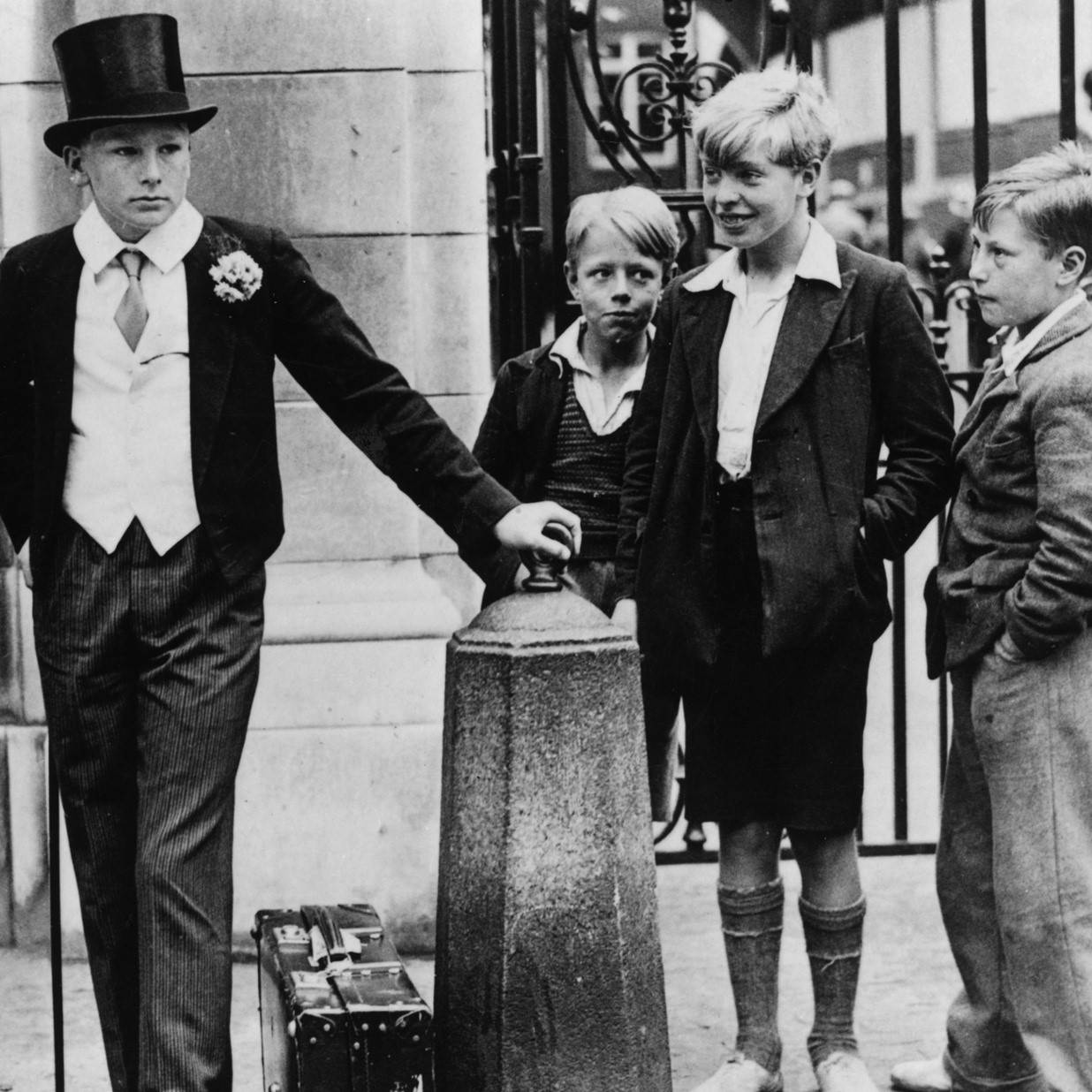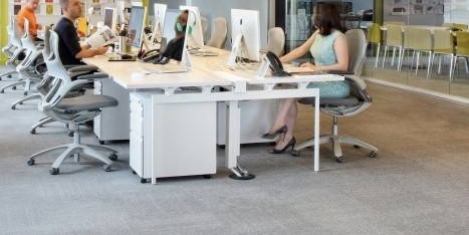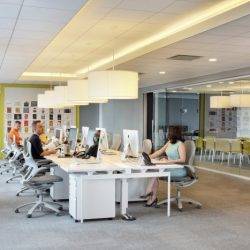March 23, 2017
The digital revolution is polarising the labour market and increasing wage inequality 0
 The increasing ability of machines to perform cognitive, physical, and social tasks has polarised labour markets by “hollowing out” demand for middle-skill jobs, claims a new report published by IZA World of Labor based on research from economist Michael Gibbs of Chicago Booth School of Business. It suggests that analytical, problem solving, and social and communication skills are likely to be most valued in employees in the future. The new report finds that the advance of technology has opposing effects on jobs. It facilitates automation, creating fewer and less motivating middle-skill jobs. Conversely, it complements social and innovation tasks, creating more interesting low- and high-skill jobs. This causes labour market polarisation, “hollowing out” demand for middle-skill jobs, and increasing wage inequality.
The increasing ability of machines to perform cognitive, physical, and social tasks has polarised labour markets by “hollowing out” demand for middle-skill jobs, claims a new report published by IZA World of Labor based on research from economist Michael Gibbs of Chicago Booth School of Business. It suggests that analytical, problem solving, and social and communication skills are likely to be most valued in employees in the future. The new report finds that the advance of technology has opposing effects on jobs. It facilitates automation, creating fewer and less motivating middle-skill jobs. Conversely, it complements social and innovation tasks, creating more interesting low- and high-skill jobs. This causes labour market polarisation, “hollowing out” demand for middle-skill jobs, and increasing wage inequality.













 Employees would like more freedom and flexibility at work with over half believing that the structure and culture of their workplaces are holding them back from doing their job more effectively (55 percent and 53 percent respectively). That’s according to new research from ILM, which has launched a new
Employees would like more freedom and flexibility at work with over half believing that the structure and culture of their workplaces are holding them back from doing their job more effectively (55 percent and 53 percent respectively). That’s according to new research from ILM, which has launched a new 





















March 30, 2017
Social technology has the power to make the workplace more humane
by Amanda Sterling • Comment, Technology, Workplace
More →